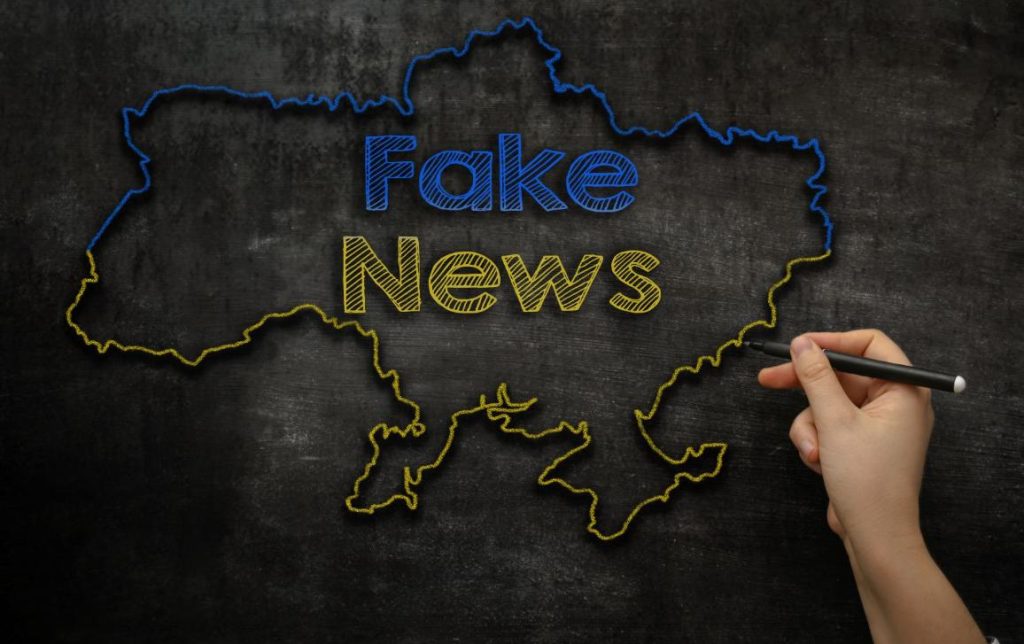Listen to the article
European Parliament members are set to hold critical discussions with leading experts on Russian disinformation tactics related to the ongoing war in Ukraine, examining how these influence EU democratic processes.
The high-level meeting will bring together three prominent specialists in information warfare and journalism. Olga Rudenko, Editor-in-chief of the Kyiv Independent, will offer firsthand insights from Ukraine’s media landscape. Since its founding in the wake of Russia’s full-scale invasion, the Kyiv Independent has emerged as a crucial independent voice reporting on the conflict despite challenging circumstances.
Michael Sheldon, a researcher with the internationally recognized investigative group Bellingcat, will join the panel. Bellingcat has gained prominence for its open-source intelligence work exposing Russian military operations and disinformation campaigns through sophisticated digital forensic techniques, including their groundbreaking investigations into the MH17 downing and chemical weapons use in Syria.
Completing the expert panel is Ross Burley, Co-Founder and Executive Director of the Centre for Information Resilience, an organization dedicated to countering digital disinformation and defending human rights through rigorous information verification methods.
The session comes at a crucial moment, as Russian propaganda efforts have intensified alongside military operations in Ukraine. Intelligence officials across Europe have documented sophisticated Kremlin-backed campaigns utilizing social media platforms, state-controlled media outlets, and covert influence operations to spread narratives that undermine European unity and support for Ukraine.
Recent studies have identified several recurring themes in Russian disinformation narratives, including false claims about Ukrainian military actions, distorted representations of Western motivations, and amplified messaging about energy and economic consequences facing European countries that support Ukraine.
European security agencies have expressed growing concern that these disinformation campaigns are specifically designed to influence electoral outcomes across the EU, with evidence of increased activity observed during recent elections in several member states.
The meeting demonstrates the European Parliament’s recognition that information warfare constitutes a significant front in the broader geopolitical conflict. By examining the techniques and impacts of Russian disinformation, lawmakers aim to develop more effective countermeasures to protect democratic institutions and public discourse.
The discussion will be held in association with several key parliamentary bodies: the Committee on Foreign Affairs (AFET), which oversees the EU’s common foreign and security policy; the Subcommittee on Security and Defence (SEDE), responsible for the EU’s security and defense policy; and the Delegation to the EU-Russia Parliamentary Cooperation Committee (D-RU), which historically managed parliamentary relations with Russia before they were severely curtailed following the 2022 invasion.
This collaborative approach highlights the cross-cutting nature of disinformation threats, which span traditional foreign policy, security concerns, and bilateral relations with Russia.
The meeting comes as the European Union continues to strengthen its regulatory framework against disinformation through initiatives like the Digital Services Act and the European Democracy Action Plan. These measures aim to increase transparency in political advertising, improve fact-checking mechanisms, and hold online platforms accountable for the spread of harmful content.
By bringing together frontline journalists, open-source investigators, and information resilience experts, the Parliament seeks to ground its policy responses in empirical evidence and practical experience from those directly monitoring and countering Russian information operations.
The insights gained from this exchange are expected to inform upcoming parliamentary recommendations on enhancing European resilience against foreign interference and protecting the integrity of democratic processes across the bloc as multiple member states prepare for elections in the coming year.
Fact Checker
Verify the accuracy of this article using The Disinformation Commission analysis and real-time sources.




12 Comments
This hearing on Russian disinformation tactics around the Ukraine war is critical. We need to understand how these campaigns influence democratic processes in Europe. Glad to see experts like Rudenko, Sheldon, and Burley sharing their insights.
Absolutely. Detailed, factual analysis from credible sources is key to countering these harmful propaganda efforts.
This hearing will shine an important light on Russian disinformation tactics and their impact on European democracy. I hope the discussions lead to tangible actions to strengthen information integrity.
The Kyiv Independent has become an invaluable independent voice reporting on the conflict in Ukraine. I’m interested to hear Olga Rudenko’s firsthand perspective on the media landscape there.
Yes, the Kyiv Independent has done excellent work despite immense challenges. Their reporting has been essential for understanding the realities on the ground.
Glad to see the European Parliament taking this issue seriously. Understanding the mechanics of Russian information warfare is key to countering it effectively.
Absolutely. Transparency and evidence-based analysis are essential for pushing back against the Kremlin’s propaganda machine.
The Centre for Information Resilience’s work on countering disinformation is vital. I look forward to hearing Ross Burley’s perspective on the challenges and strategies in this space.
Definitely. Building public resilience to manipulation and propaganda is crucial, especially when it comes to such high-stakes geopolitical conflicts.
The Kyiv Independent, Bellingcat, and the Centre for Information Resilience are doing critical work. I hope their insights at this hearing lead to meaningful policy responses.
Bellingcat’s open-source investigations have been groundbreaking in exposing Russian military operations and disinformation. I’m curious to learn more about their latest digital forensic work on this topic.
Agreed, Bellingcat’s methodical approach to verifying information has been incredibly important. Their findings have helped cut through the fog of war.